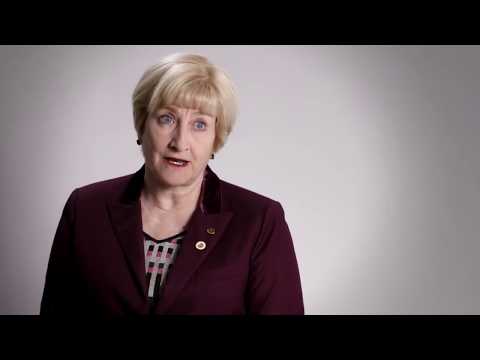Patients and Physicians Speak Out
Prior authorization burdens negatively impact patients and health care professionals around the country every day. Explore their stories and share your own experiences to make your voice heard on the need to #FixPriorAuth.
Featured Stories
Yes, just last year I needed knee surgery. The insurance made me go through 2 weeks of resting it then 3 weeks of physical therapy plus a fluid removal attempt. All this before I could even get an MRI that my ortho doc with 40 yrs experience knew I needed in the first place. After the MRI I had to wait 2 more weeks for approval. From start to finish I was laid up 4 months and even lost my job because I ran out of FMLA. Now I have a wrist injury and I am not going for treatment because I really like my new job and I am afraid to go through it all again.

I went almost two weeks without long-acting insulin and two days without even short-acting insulin waiting for prior authorizations. This landed me in the ER 3 times and sent me into a pancreatitis flare. And wasted about 3 hours of my doctor’s time to get insulin. This was not new either; I have been diabetic since I was a kid, so about 25 years. They also made me switch what kind I use, and that caused my sugar to be out of control for weeks, even after I finally got the insulin, while I determined my correct bolus dose of the new insulin.
Share Your Story
Have you ever gone to the pharmacy to fill a prescription only to be told that your insurance company requires approval before they'll cover your treatment?
Have you ever waited days, weeks or months for a test or medical procedure to be scheduled because you needed authorization from an insurer?
Are you a physician frustrated with the administrative headaches and their impact on your patients?
Have prior authorization delays caused you to take more sick days, be less productive at work or miss out on day-to-day life?
Share how prior authorization has impacted you, your loved ones or your patients to draw attention to the need for decision-makers to address this issue. Your voice can make an impact.
All Stories
Use the buttons below to explore how prior authorization impacts both health care professionals and patients throughout the country.
It is not uncommon for patients to change pharmacy benefit managers when changing health plans or for health plans to change their pharmacy benefit manager. Physicians and patients get caught in the crossfire of endless forms and calls while waiting for meds, which they have successfully taken for years, are now questioned. It is very difficult to reconstruct a person's previous med history when we have changed to a new EMR and then find it hard to justify to the PBM why the person ended up on the regimen that is working for them. It is a waste of time and potentially dangerous. These requests involve FDA-approved drugs and often generic medications.
I feel that prior-auth has been one of the worst things to affect physicians' lives, along with Medicare and insurance companies' constant assault on physicians’ ability to do the right thing in the most efficient manner for their patients. This is all labelled as "monitoring" so that patients are getting proper care. It is a huge wastage of resources. One can write a big dossier about everyday examples of this. I have heard from many many excellent physicians that this is the main driving force behind physicians' consideration of early retirement, and that includes myself.
We treat severe asthmatics, Primary Immune Immunodeficiency and a rare genetic disorder, HAE. All of the medications for these patients require hours of prior authorization work. I have a full time physician assistant who spends 40-50% of her time addressing these. Beyond these requests we now are required to spend time preapproving commonly prescribed and inexpensive medications for almost every patient we see. We are also seeing prior authorization requests on common procedures which does not allow us to complete needed treatment at the time of the visit. This nonsensical waste of time has got to stop!
So after 20 years of practice, Board Certified, MOC'd, actually caring for the patient, deciding on best care alternatives, why would ANYone interfere with that? You deny my request, fine, you have NOW taken over the care and treatment of the patient, with all the responsibilities of that care. How can you give us all the accountability, but no authority? This must change.
It is time consuming, frustrating for doctor and patient, and of no clinical benefit.
I work in a headache clinic. Most of our treatments, at this time, are "off-label." When I prescribe a medication that is denied, the pharmacist tells the patient that I just have to do a prior auth and they can get it. I (and my MA who spends 50% of her time doing this) completes the prior auth, however, the prior auth requires a stratified treatment based on the medication's FDA-approved indication. I explain and even include studies to show the potential benefit for headaches. The prior auth is denied and the information given to the patient, either by the pharmacist or by the patient's insurance rep, is that a) I didn't do the prior auth correctly, or b) it was not the right medication for that patient. Both statements seriously erode the patient's trust in my knowledge and ability to help them.